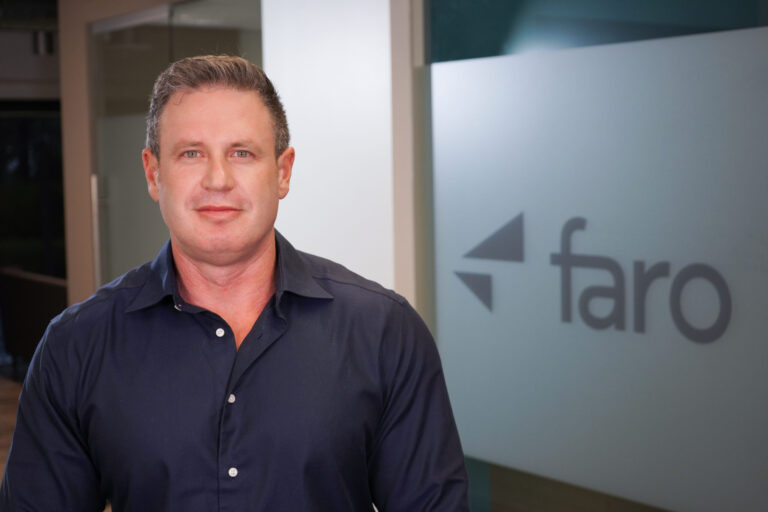Having designed clinical trials and authored study protocols for more than 20 years, Scott Chetham has a basic frustration with the field.
“People are always surprised that everything is done in Microsoft Word,” he said, but it’s a universal practice in his experience: No matter how complex or meticulous the trial, clinical scientists are still drafting trial protocols as Word documents and sending numerous versions around before locking them in as PDFs.
The frustration was what led Chetham to start Faro Health in 2019 after taking a sabbatical from his former job as head of clinical operations at Verily. And it’s drawing General Catalyst into a new $20 million funding round, which also involves existing investors Section 32, Polaris Partners, Zetta Ventures and Northpond Ventures.
Chetham is not alone in wanting to shake up how clinical trials are planned and run. In recent years, companies like ConcertAI, Medable or even Chetham’s former employer, Verily, have raised significant money to develop new technologies that promise to make trials cheaper, faster and more diverse, albeit each with slightly different focuses.
Faro’s main offering is a software researchers can use to create a clinical trial protocol from scratch — and visualize what each additional element, whether it’s a screening criterion, an assessment or an outcome measurement, means for a day in the life of a patient and a trial site.
With real-world data aggregated from various sources, the platform also provides real-time feedback on factors such as time, cost and feasibility, said Chetham, the CEO.
The ability to play with different variables — down to the exact type of blood chemistry panel used to measure a biomarker — is key, Chetham said, as clinical trials now capture an increasing amount of information through more and more testing.
Chetham noted that Faro has been signing on customers much faster than he expected, which he suspects has something to do with the current biotech funding crunch.
“We’re hearing from customers that they have to do a lot more trials with less money,” he said, adding later: “We really help them make very critical decisions early on, versus waiting until it’s too late and then amending and changing it — because if they need to, as I said, these mistakes are very expensive later on to fix.”
The new funding will go toward scaling the company so that Faro can take on more customers, including those in Europe. At this time last year, Chetham had put together a team of 20, comprising clinical trial experts and software engineers spread across San Diego (where Faro is headquartered), San Francisco, the East Coast and Europe. It plans to double in size in 2023.
Elena Viboch, partner at General Catalyst, will become a board member of Faro.
